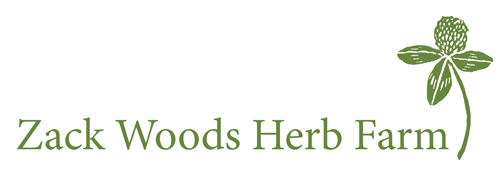The Organic Medicinal Herb Farmer
The Ultimate Guide to Producing High-Quality Herbs on a Market Scale
by Melanie Carpenter, Jeff Carpenter
Foreword by Rosemary Gladstar
"Finally, a book to recommend to the increasing number of organic farmers who are looking to grow medicinal herb crops. This inspiring handbook provides the quality and depth of information that only comes from years of first-hand experience. Having begun our own herb-growing and herbal product manufacture 35 years ago, I am completely impressed with the comprehensive breadth of topics and business wisdom that the Carpenters have so generously shared."
—Sara Katz, cofounder of Herb Pharm and former board president of United Plant Savers
A new approach to growing local medicine, including information on geo-authenticity, wildcrafting, and developing a good business plan
Both a business guide and a farming manual, The Organic Medicinal Herb Farmer will teach readers how to successfully grow and market organic medicinal herbs.
Whether you’re trying to farm medicinal plants, culinary herbs, or at-risk native herbs exclusively or simply add herbal crops to what you’re already growing, successful small-scale herb farmers Jeff and Melanie Carpenter will guide you through the entire process—from cultivation to creating value-added products.
Using their Zack Woods Herb Farm in Vermont as a backdrop, the Carpenters cover all the basic practical information farmers need to know to get an organic herb farm up and running, including:
Size and scale considerations;
Layout and design of the farm and facilities;
Growing and cultivation information, including types of tools;
Field and bed prep;
Plant propagation;
Weed control, and pests and diseases;
Harvesting, as well as wild harvesting and the concept of geo-authentic botanicals;
Postharvest processing; and,
Value-added products and marketing.
The authors also provide fifty detailed plant profiles, going deeper into the herbs every farmer should consider growing. In an easy-to-understand, practical, and comprehensive manner, readers will learn how to focus on quality over quantity, and keep costs down by innovating with existing equipment, rather than expensive technology. Market farmers who have never before considered growing medicinal herbs will learn why it’s more important to produce these herbs domestically.
The Organic Medicinal Herb Farmer makes a convincing case that producing organic medicinal herbs can be a viable, profitable, farming enterprise. The Carpenters also make the case for incorporating medicinal herbs into existing operations, as it can help increase revenue in the form of value-added products, not to mention improve the ecological health of farmland by encouraging biodiversity as a path toward greater soil health.




